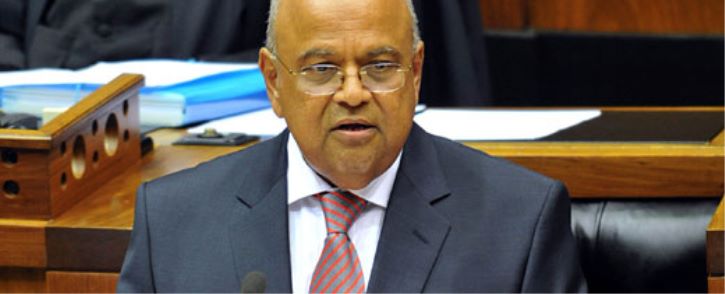This afternoon Finance Minister Pravin Gordhan will arguably give the most significant speech of his political career when he delivers the Budget for 2016/17 in parliament.
Economically speaking the odds are against South Africa with record-low growth rates, the worst drought in history, and an unsustainable debt to GDP ratio, to name but a few.
Therefore something has got to give and this “something” will most probably take the form of individual tax hikes.
“The inevitable conclusion is that the only place a finance minister can look for additional revenue would be individual tax, or a wealth tax,” says Eugene du Plessis, director and leader of tax at Grant Thornton.
Du Plessis is of the view that Gordhan will not impose a “wealth tax” per se, as this form of revenue collection has shown to fall short of contributing significantly to the fiscus. “But there are a couple of things he can do, which can be grouped together as a ‘type’ of wealth tax for lack of a better word,” he says.
Du Plessis foresees that Gordhan will increase personal income tax with another percentage point. Former finance minister Nhlanhla Nene raised the maximum marginal tax rate from 40% to 41% last year – for the first time in 20 years – and Gordhan will probably do the same.
The corporate tax rate at 28% is likely to stay the same, as a tax increase will negatively affect the economy, says Du Plessis.
However, he believes that government has its eyes set on closing the loopholes with estate duty and trusts. “The Davis Tax Committee report made recommendations to this effect,” says Du Plessis. “Clearly the majority of people that utilise trusts are high net worth individuals and they have significant assets and access to financial and tax planning services.
Du Plessis explains: “Wealthy individuals put their assets in a trust at a low value and the growth that takes place in the trust is not subject to estate duty. Within the trust individuals can derive an income and capital gains at a reduced tax rate, so we’ll probably see measures that will close these loopholes.”
Foreign trusts are also likely to be in government’s sights to discourage people to make use of these vehicles. The Davis Tax Committee recommended that any distribution from a foreign trust should be taxed as income, which would increase the tax collection on trusts and similar structures.
Government would want to address short-term needs, Du Plessis says, and to that effect Gordhan could announce a second round of tax amnesty, although the Davis Tax Committee didn’t recommend such a move.
On Monday, Business Day reported that Gordhan was expected to announce a new foreign exchange control and tax amnesty to encourage taxpayers who have not disclosed their offshore assets to declare them and pay the due tax.
“The second round of amnesty is unlikely to be as generous as the first round in the early 2000s though,” Du Plessis says.
Although a percentage increase in value added tax (VAT) has the potential to add substantially to the fiscus, it would be a very unpopular choice ahead of the local government elections later this year.
Another tax hike that would be unpopular, but very probable is an increase in the fuel levy. Last year government had room to manoeuvre, because of the better exchange rate and lower fuel prices and Nene raised it 30.5c per litre. Gordhan is also expected to raise the general fuel levy in his budget speech, although it will have a direct impact on low-income earners.
[Source: News24]





 WhatsApp us
WhatsApp us 

